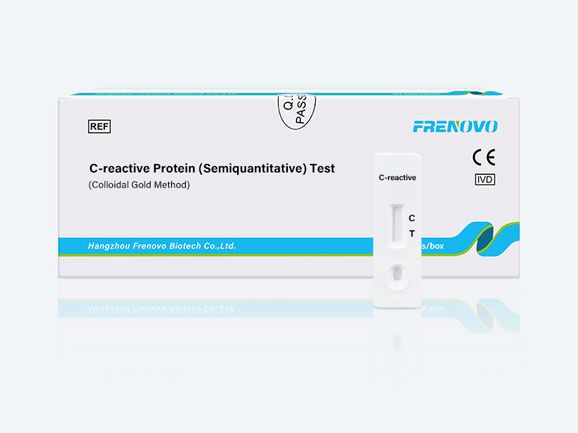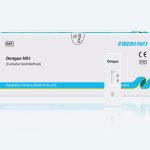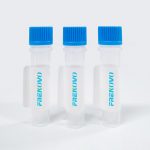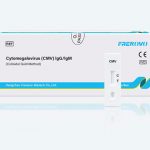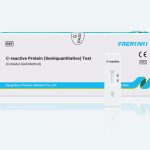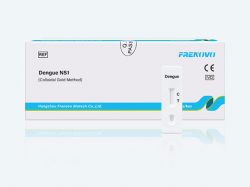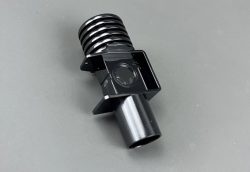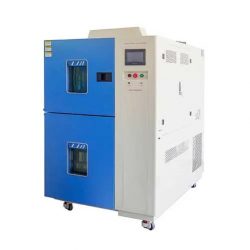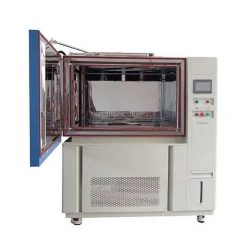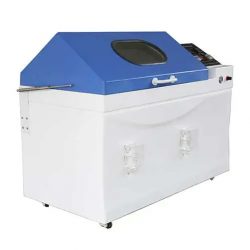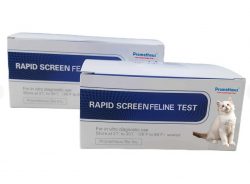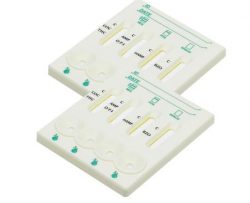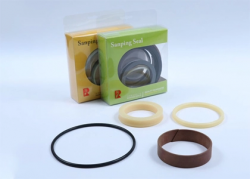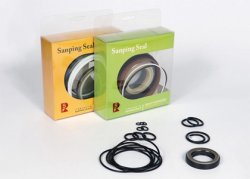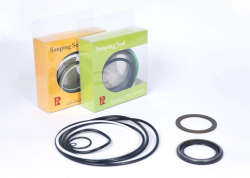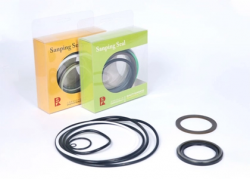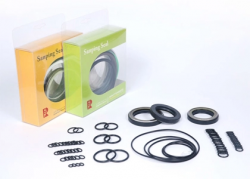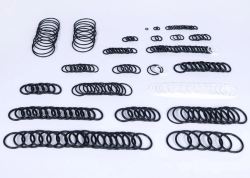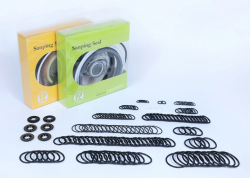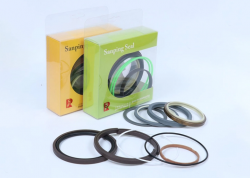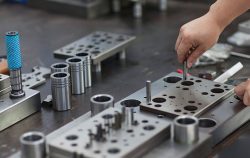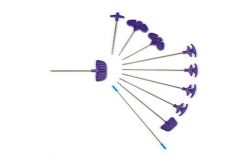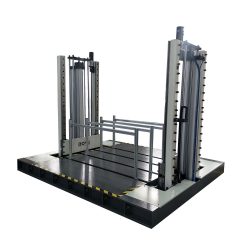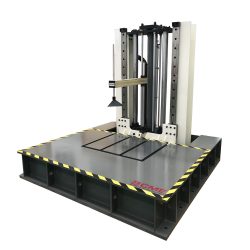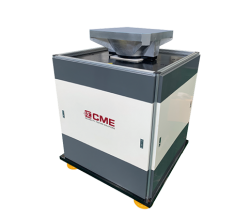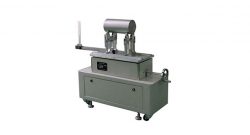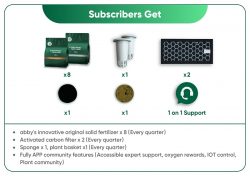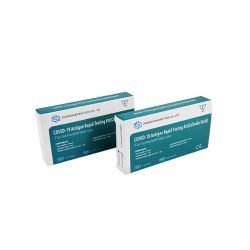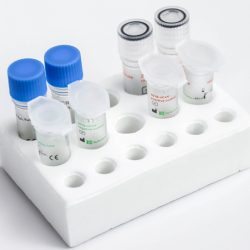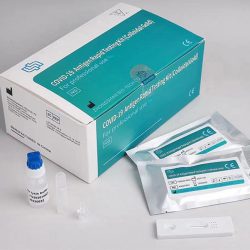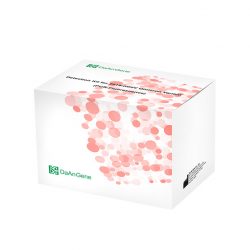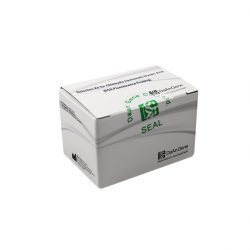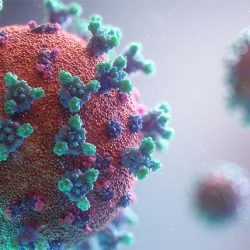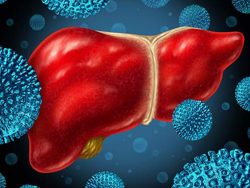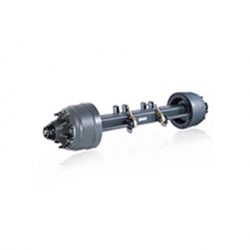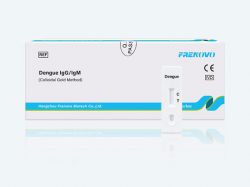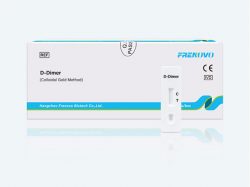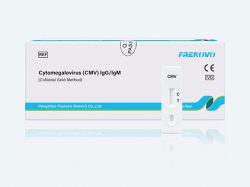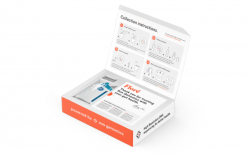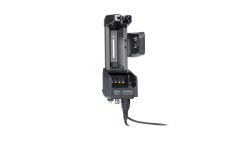C-reactive Protein (Semiquantitative) Antibody Rapid Test
C-reactive protein (CRP) is an ancient highly conserved molecule and a member of the pentraxin family of proteins. CRP is secreted by the liver in response to a variety of inflammatory cytokines. Levels of CRP increase very rapidly in response to trauma, inflammation, and infection and decrease just as rapidly with the resolution of the condition. Thus, the measurement of CRP is widely used to monitor various inflammatory states. CRP binds to damaged tissue, to nuclear antigens and to certain pathogenic organisms in a calcium-dependent manner.
The function of CRP is felt to be related to its role in the innate immune system. Similar to immunoglobulin (Ig)G, it activates complement, binds to Fc receptors and acts as an opsonin for various pathogens. Interaction of CRP with Fc receptors leads to the generation of pro-inflammatory cytokines that enhance the inflammatory response. Unlike IgG, which specifically recognizes distinct antigenic epitopes, CRP recognizes altered self and foreign molecules based on pattern recognition. Thus, CRP is though to act as a surveillance molecule for altered self and certain pathogens. This recognition provides early defense and leads to a proinflammatory signal and activation of the humoural, adaptive immune system.
Principle of CRP Test
The C-Reactive Protein test is based on the principle of the latex agglutination. When latex particles complexed human anti-CRP are mixed with a patient’s serum containing C reactive proteins, an visible agglutination reaction will take place within 2 minutes.
Uses of CRP Test
CRP may be used to detect or monitor significant inflammation in an individual who is suspected of having an acute condition, such as serious bacterial infection like sepsis, a fungal infection and Pelvic inflammatory disease (PID).
The CRP test is useful in monitoring people with chronic inflammatory conditions to detect flare-ups and/or to determine if treatment is effective. Some examples include Inflammatory bowel disease, some forms of arthritis and Autoimmune diseases, such as lupus or vasculitis.
The determination of the CRP-level is useful to monitor the therapy.
It is done to check for infection after surgery. CRP levels normally rise within 2 to 6 hours of surgery and then go down by the third day after surgery. If CRP levels stay elevated 3 days after surgery, an infection may be present.
